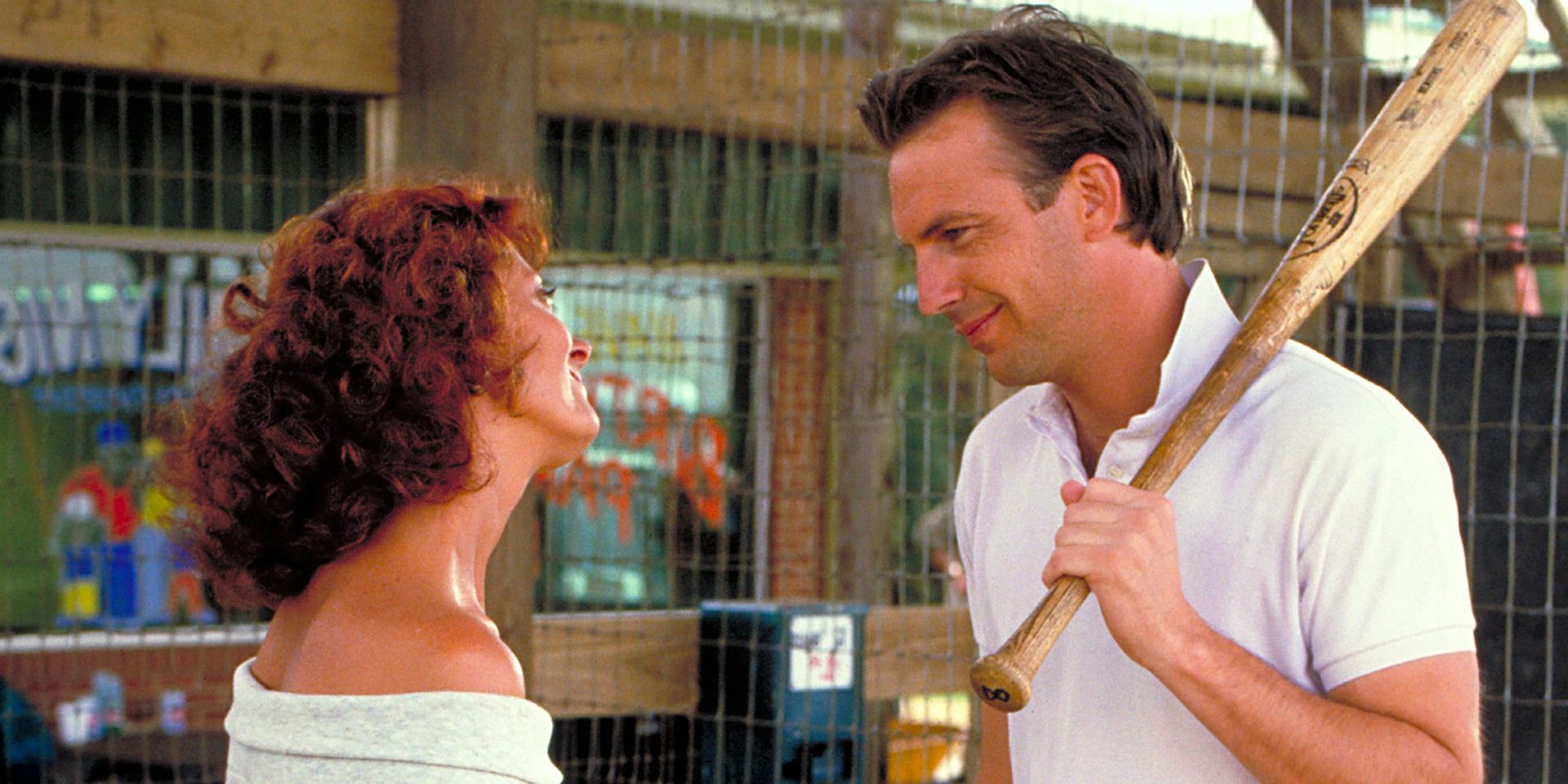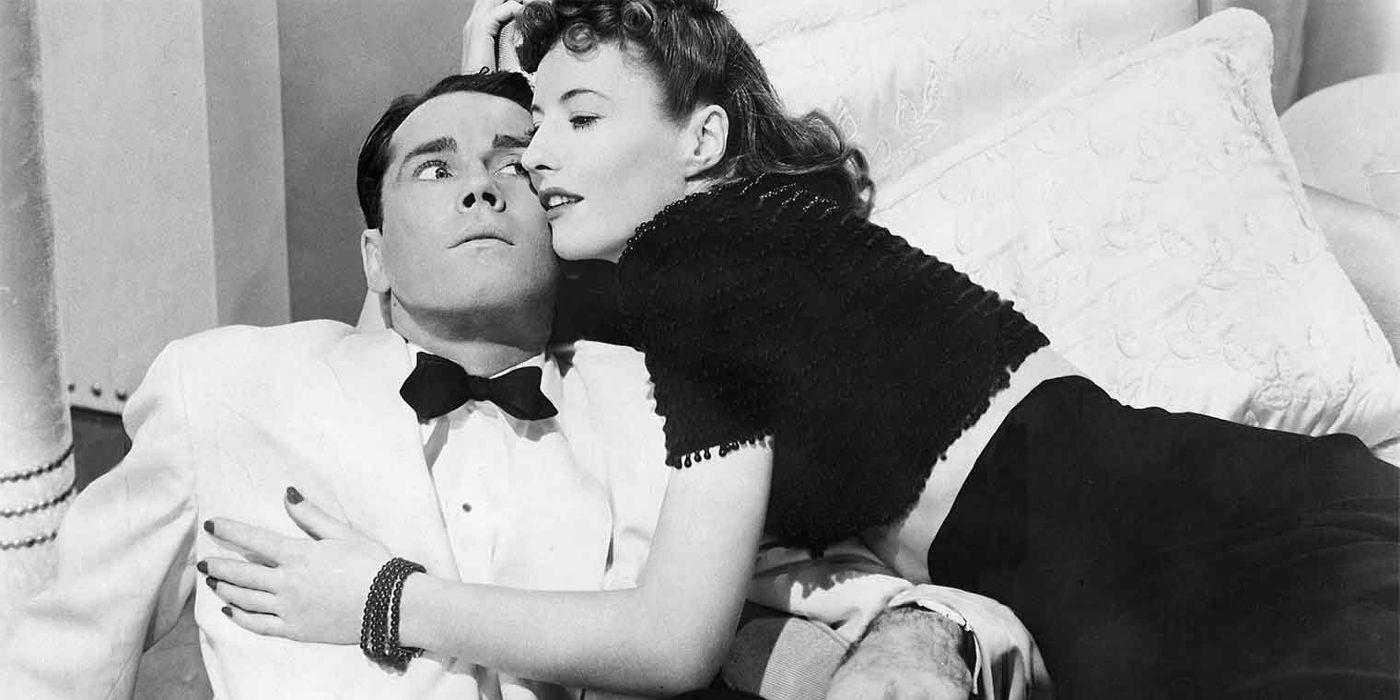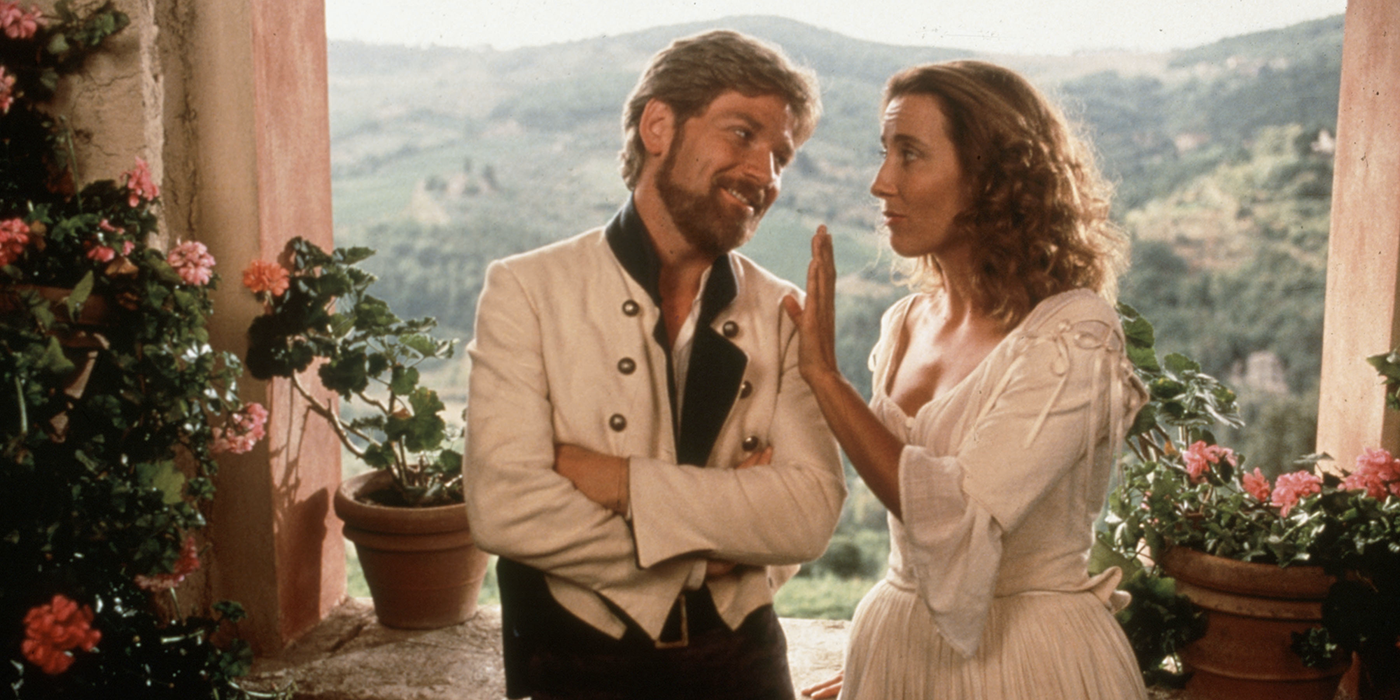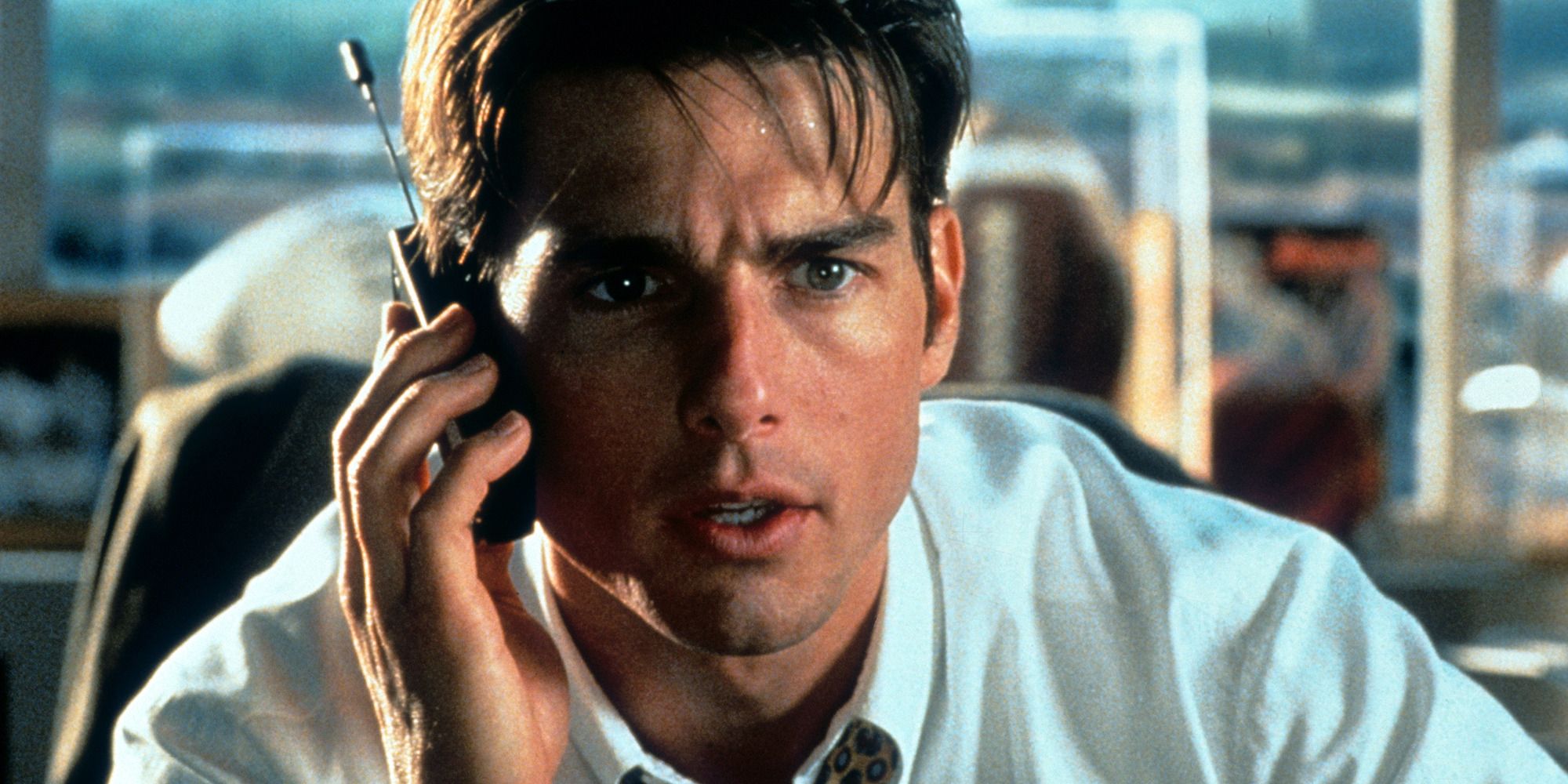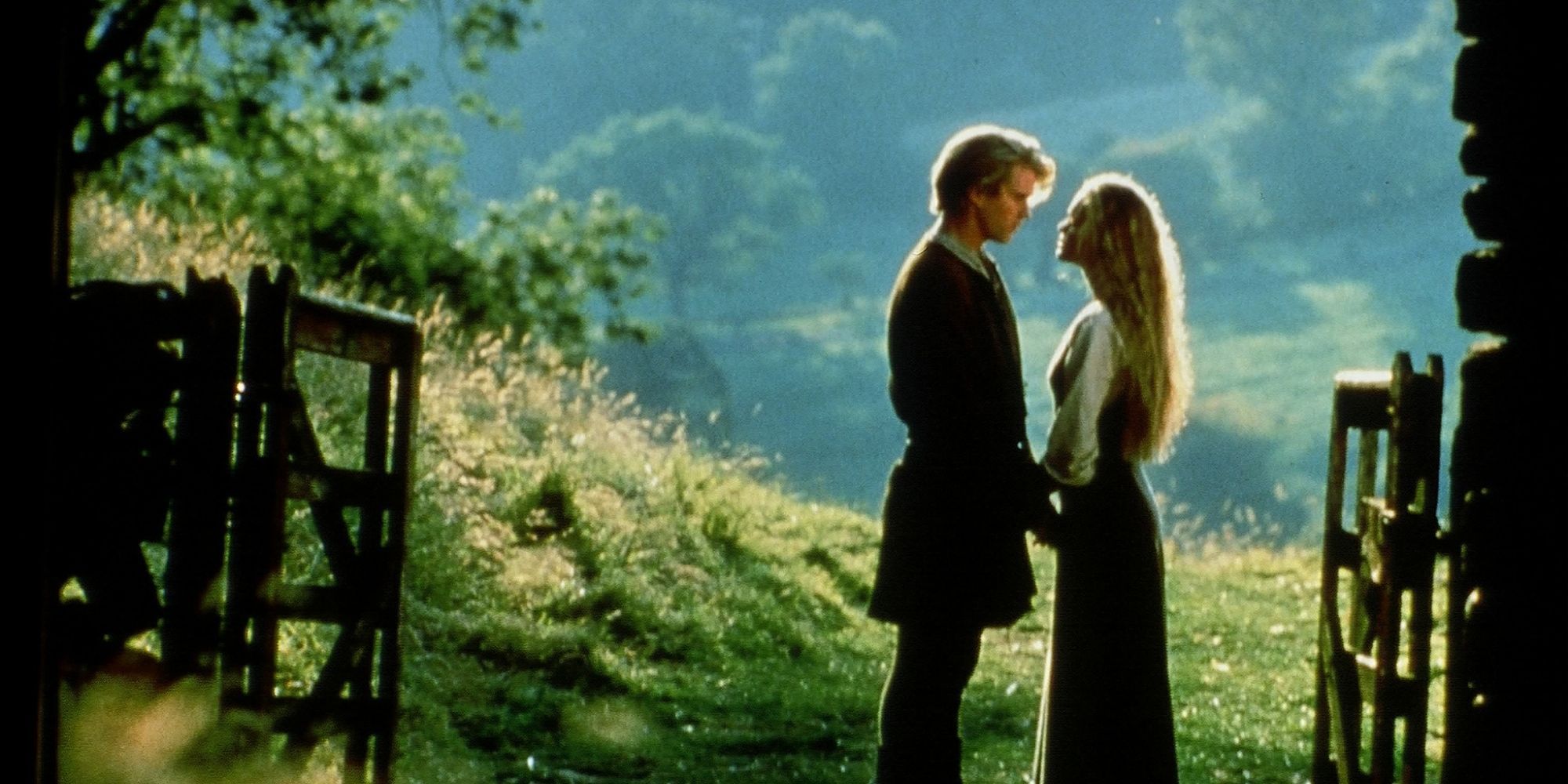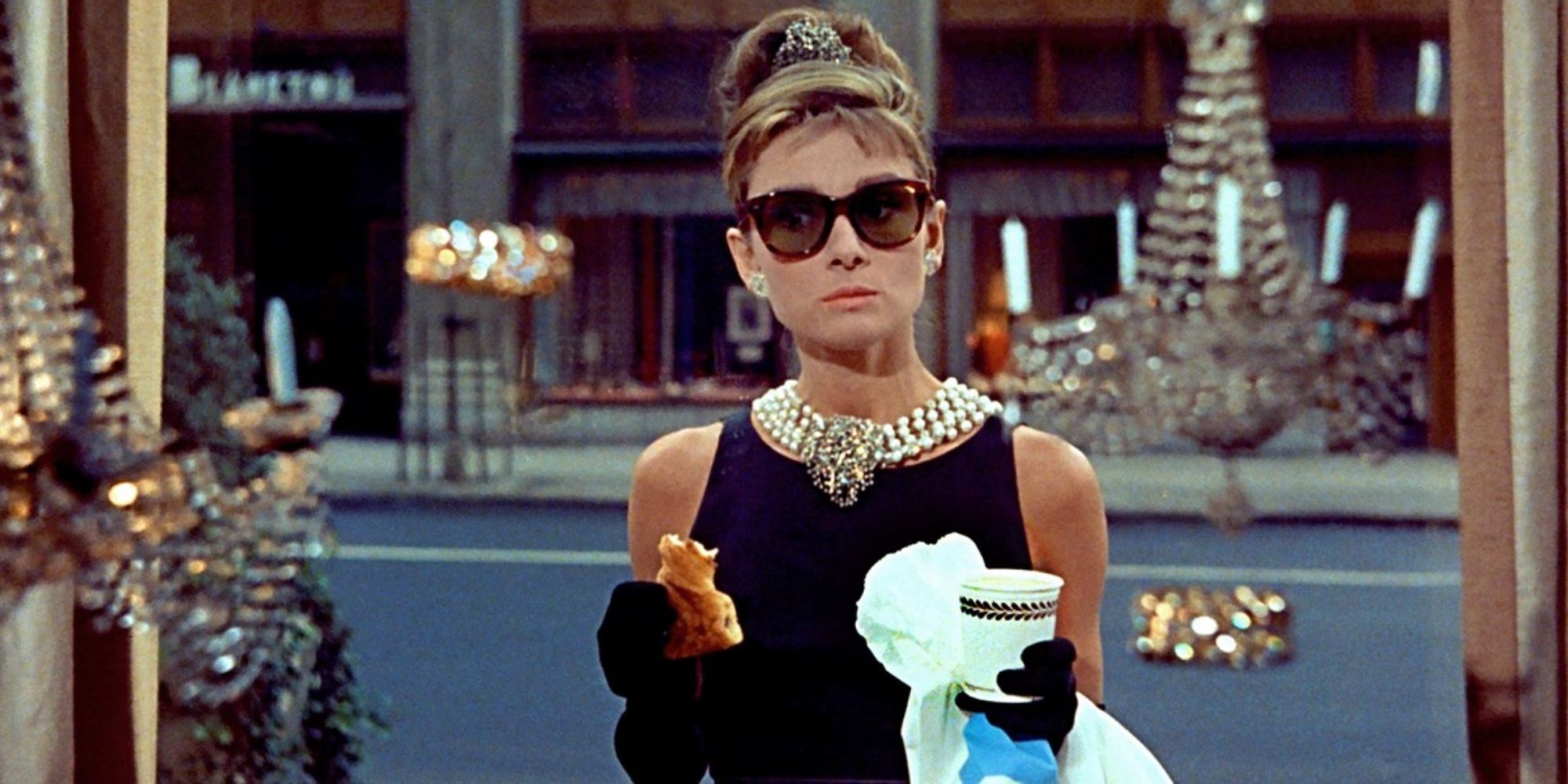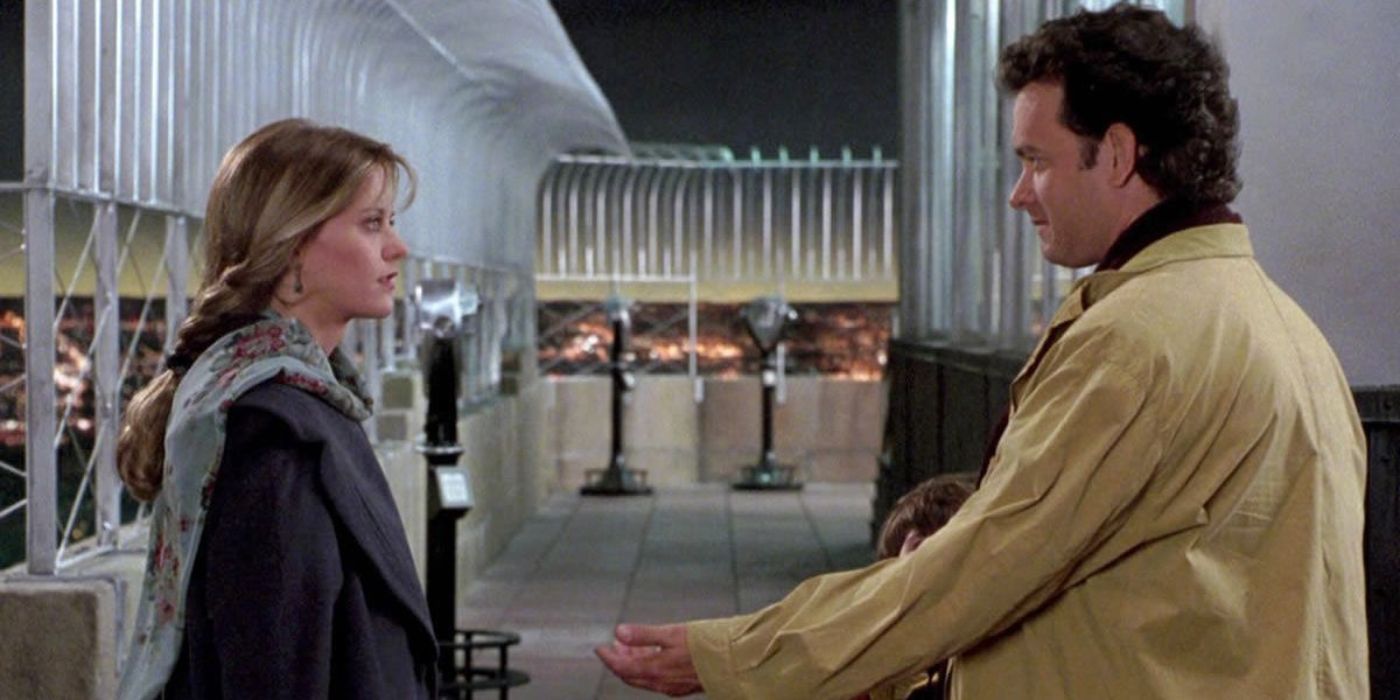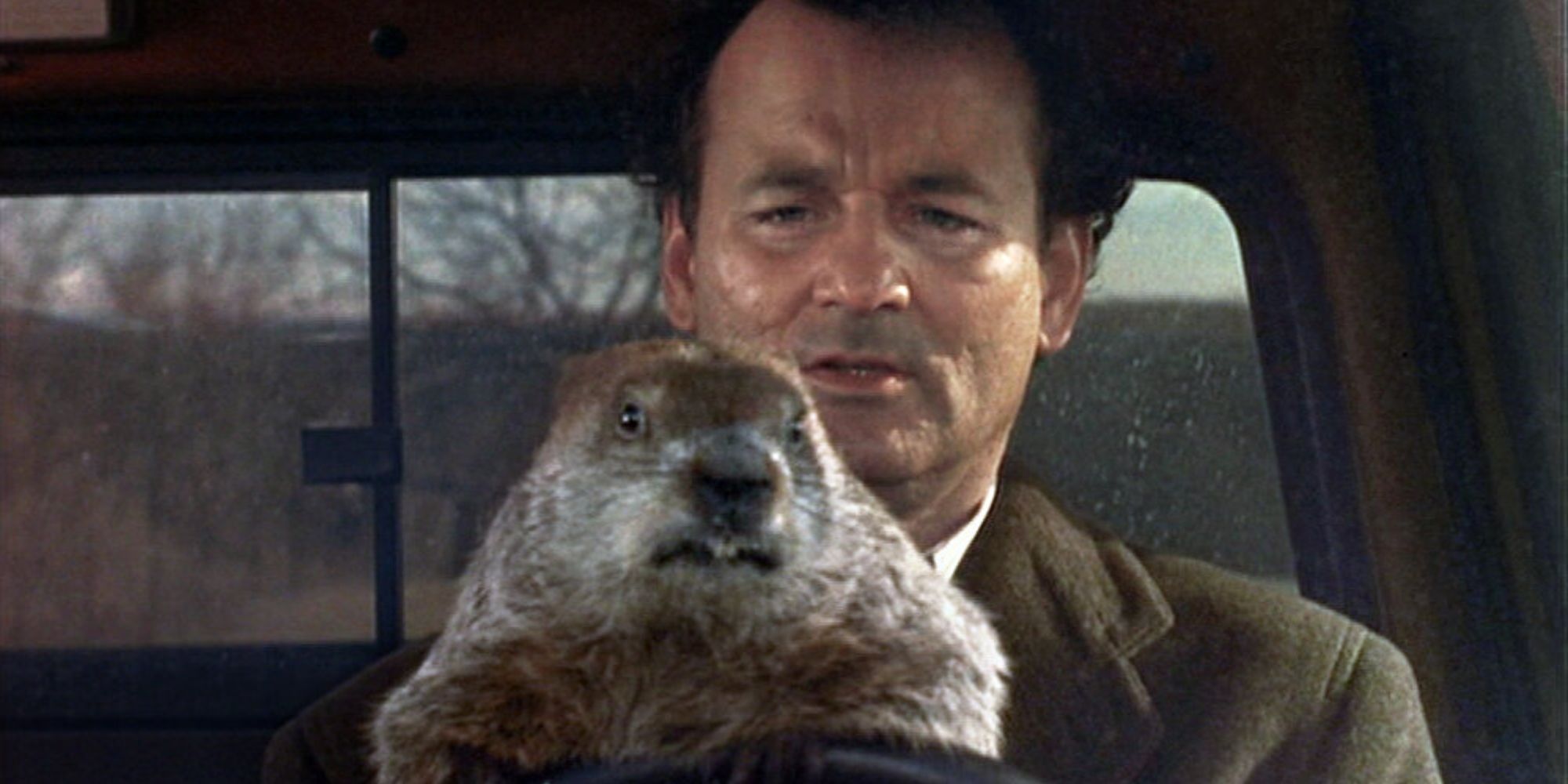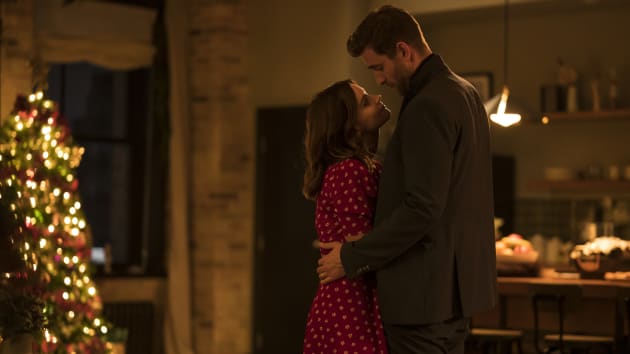The Bechdel test – also known as the Bechdel-Wallace test – was devised in the 1980s as a way of examining the male-centric story of any given film. In order to pass the much-discussed test, a film must (1) feature at least two named female characters, (2) have those characters engage in a conversation, and (3) have their conversation be about something other than men.
While a lot of genres have struggled to produce films which regularly pass the test, romantic comedy has typically been one where relationships between women have been more intently explored. However, that isn’t always the case, with some of the most famous and acclaimed romcoms made surprisingly failing the Bechdel test.
10 ‘500 Days of Summer’ (2009)
Imbued with the masterful chemistry and offbeat charm of its stars Joseph Gordon-Levitt and Zooey Deschanel, 500 Days of Summer was something of a surprise indie success. The romcom drama follows a hopeless romantic as he reminisces on a failed relationship with a girl he was ready to spend the rest of his life with.
Given the film is expressly from Tom’s (Gordon-Levitt) perspective and maintains a tight focus on his feelings towards Summer (Deschanel), it does make sense from a narrative basis that the film does not pass the Bechdel test. However, it does deserve praise for treating Summer as a complex and fully realized character even within the framework of Tom’s gaze.
9 ‘High Fidelity’ (2000)
A rock ‘n’ roll romcom, High Fidelity has become a cult classic. It follows Rob Gordon (John Cusack), an obsessive record store owner who, after being dumped by his most recent girlfriend, embarks on a journey of self-discovery as he recounts his history of failed relationships in a bid to learn why he is so bad at love.
The winding nature of the story sees many female characters float in and out of the story and the film is armed with a sublime ensemble cast. While the film does nearly pass the third mark of the Bechdel test, it ultimately falls into a dubious middle ground as Liz (Joan Cusack) and Jo’s (Jill Peterson) do converse about one of Rob’s exes, but he interjects as he misconstrues it being about himself.
8 ‘Bull Durham’ (1988)
Combining romcom formula with the highs and lows of sports drama, Bull Durham was surprisingly sharp as a genre-meshing 80s hit. Focusing on Kevin Costner’s has-been catcher Crash Davis, it follows his coaching of a hot-headed young talent and documents the complications which arise when they both become involved with the same baseball groupie.
Susan Sarandon’s Annie is probably the film’s most captivating character, but the film doesn’t give her much female support as its focus leans towards the sports side of things. While she does have a friendship with Millie (Jenny Robertson), they’re conversations are exclusively linked to the ball players.
7 ‘The Lady Eve’ (1941)
While romantic comedy as a genre pertains to many different styles, there is seldom a niche as energetically fun as the screwball comedies of old Hollywood. The Lady Eve is one of the all-time greats of the genre, starring Barbara Stanwyck as a con artist whose ploy to fleece a woman-shy heir to a major brewery aboard a cruise ship becomes an unlikely tale of revenge and romance.
Given his wealthy background, Charles (Henry Fonda) is something of an object of desire for many of the women on the ship. However, the female characters seldom share a scene and scarcely interact, and when they do the topic of their discussion is typically Charles.
6 ‘Much Ado About Nothing’ (1993)
Kenneth Branagh is one of the modern era’s greatest Shakespearian actors, so it should come as little surprise that his love for the legendary writer’s work flowed seamlessly to the screen when he directed, starred in, and wrote the adaptation of Much Ado About Nothing. Armed with an ensemble cast, it follows two young lovers, soon to be married, who conspire to set up two single friends who have an abrasive relationship.
The film actually features a number of exceptional female characters and does have them talking to each other, but it struggles to get away from the topic of men and relationships given the story’s themes. Interestingly, Joss Whedon’s 2012 adaptation of the famous play did pass the Bechdel test.
5 ‘Jerry Maguire’ (1996)
With the star power of Tom Cruise, Renée Zellweger, and Cuba Gooding Jr., 1996’s Jerry Maguire became a defining hit of its decade and one of the most celebrated romcoms ever made. It follows a sports agent who has a philosophical epiphany about his work which leads to start his own management firm with help from a single mother in Dorothy (Zellweger).
Unsurprisingly, Jerry and Dorothy begin to fall in love as they face the hardships of their work while representing just one client. A conversation between Dorothy and her sister Laurel (Bonnie Hunt) does get the film close to passing the Bechdel test, but their discussion about Dorothy leaving the firm is related to Jerry.
4 ‘The Princess Bride’ (1987)
The Princess Bride may not spring to mind as the most traditional romcom ever made, but the genre-blending masterpiece does find much of its emotional core in the central romance between Westley (Cary Elwes) and Princess Buttercup (Robin Wright). Following Westley as he ventures to be reunited with his true love, the fantasy film has become a beloved classic in part because of its fusing of heartfelt romance and hilarious comedy.
Despite Buttercup being the integral aspect of the film though, the film falls short of passing the Bechdel test. While it does contain numerous named female characters, the only passable conversation between them is when Buttercup is berated by The Ancient Booer (Margery Mason), and even that interaction is in relation to Westley.
3 ‘Breakfast at Tiffany’s’ (1961)
Breakfast at Tiffany’s is one of the most famous movies ever made with the image of its protagonist Holly Golightly (Audrey Hepburn) a true icon of 60s cinema. Based on Truman Capote’s novel of the same name, it follows the budding romance between a struggling writer in New York and a dazzling young socialite who captivates him.
It has some jarring anachronistic elements, but as a film of its time it still has enjoyable moments and is worthwhile just to see Hepburn’s famous performance. Interestingly, despite it’s dated nature, it still features many named female characters and even some interactions between them, but it doesn’t feature any of them conversing with each other on a subject relating to something other than men.
2 ‘Sleepless in Seattle’ (1993)
Featuring Tom Hanks and Meg Ryan in the starring roles, Sleepless in Seattle is one of the most famous romantic comedies ever made. While it was originally conceived as a romantic drama, it was re-worked to be funnier as it follows a struggling widower whose young son calls a radio program with hopes of finding a new partner for his heartbroken father.
The ensuing romance between Hanks’ Sam and Ryan’s Annie makes for a perfect, feel-good romcom. The film fails the Bechdel test on a purely technical front, as named women in the movie do converse about a great range of subjects, but their discussions revert to being about men. However, its lens on female relationships (romantic and platonic) is wonderfully earnest and ahead of its time throughout.
1 ‘Groundhog Day’ (1993)
With its time-loop premise, cynical romcom approach, and Bill Murray’s sharpest performance of his career, Groundhog Day is one of America’s greatest classics. Following a weatherman as he finds himself inexplicably living the same day over and over again until he gets it right, it offers a fantastic depiction of a deeply flawed character bettering himself as the story unfolds.
The film’s comedy style is constantly underlined by a dramatic tone which permeates throughout the film. Additionally, the film contains a lot of interactions between female characters, but they are either unnamed or, in instances like when Rita (Andie MacDowell) meets Nancy (Marita Gereghty), there is a male character actively involved in the conversation.

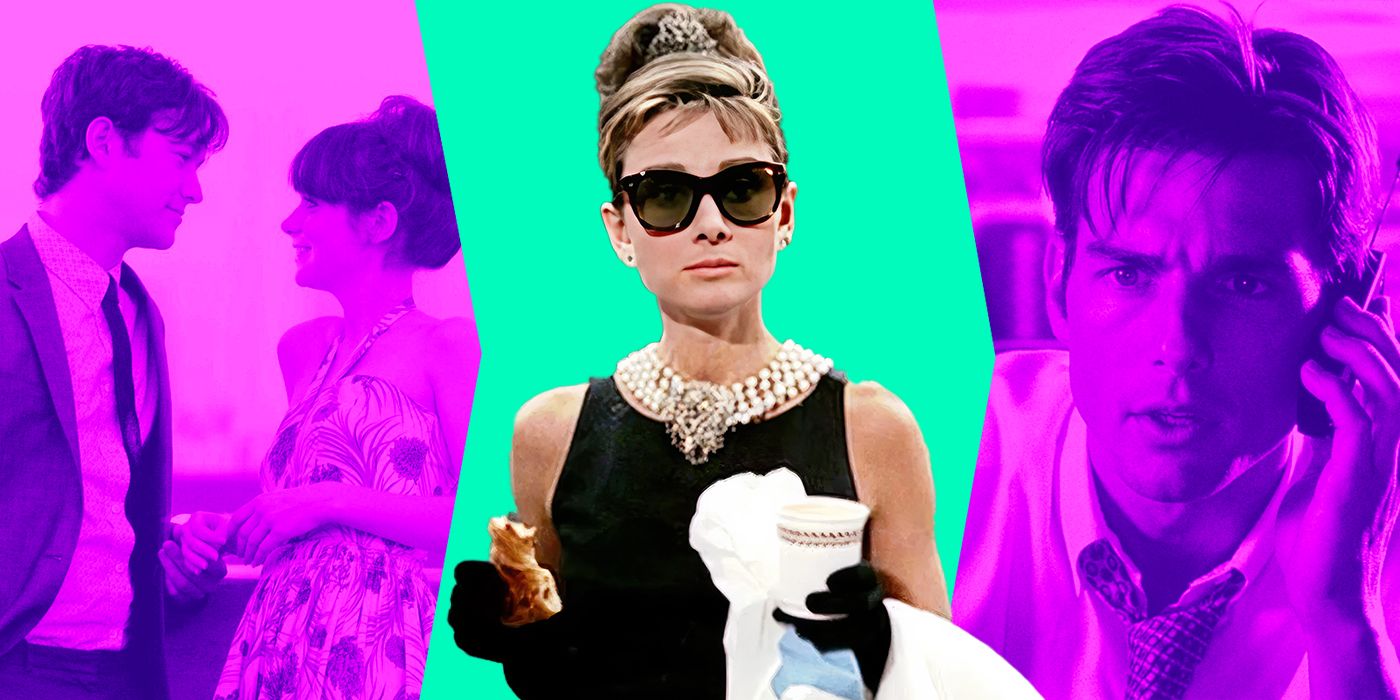
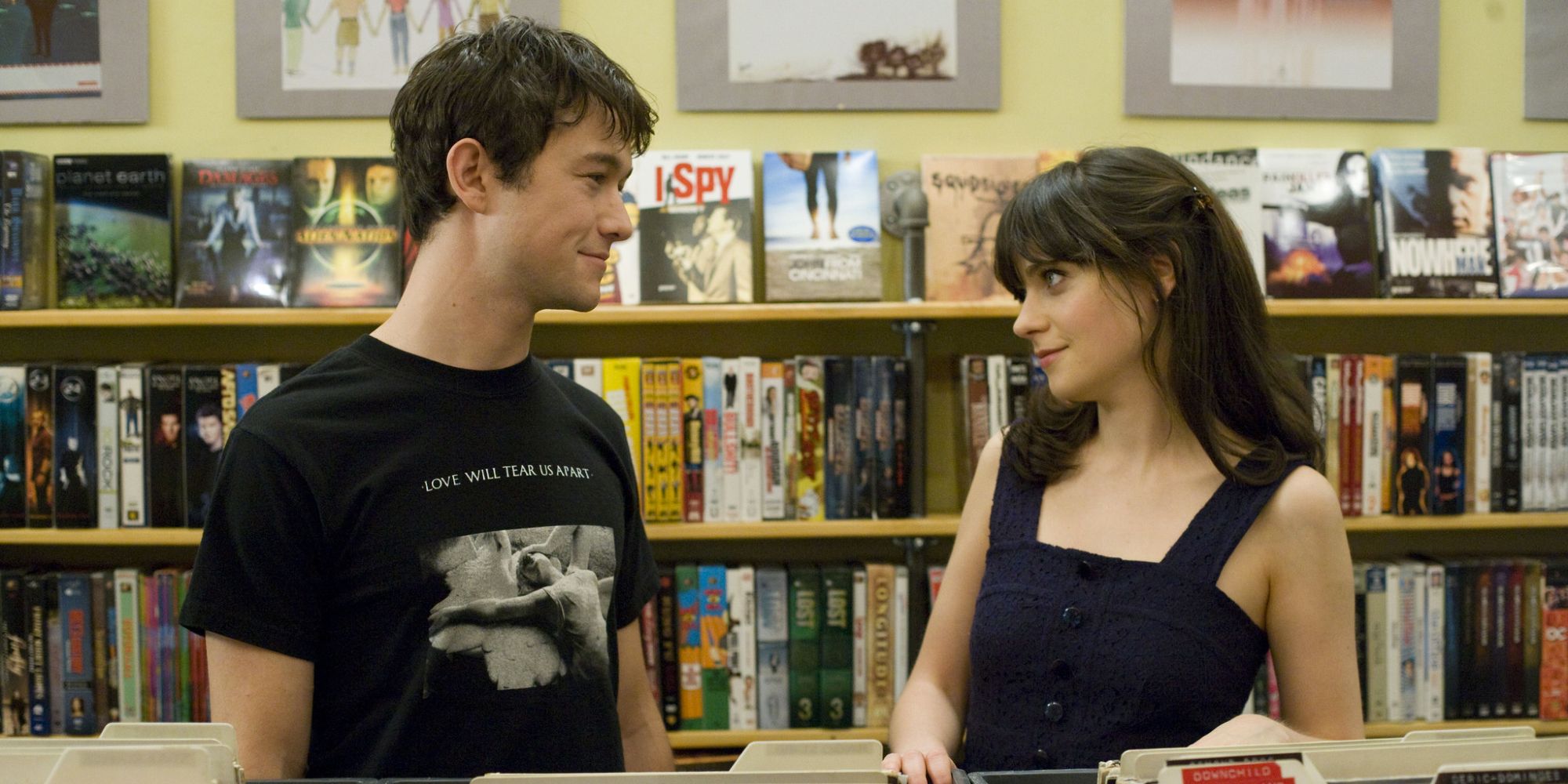
.jpg)
